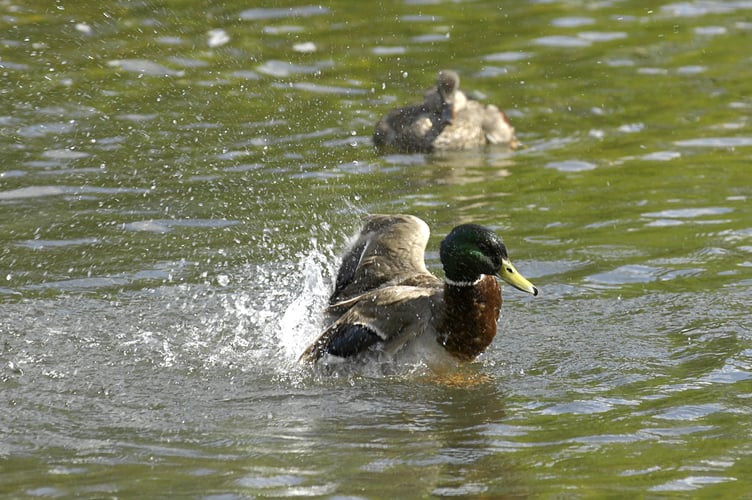The number of hours sewage was released into the Forest of Dean's waterways rose by two-thirds last year, new figures show.
The figures show the number of hours of sewage spills from water companies across England has doubled over the past year – with the Environment Agency saying wet weather may be to blame.
Storm overflows are used when the water system becomes overloaded, such as after heavy rain or from problems with the sewage network.
Data from the Environment Agency shows sewage from storm overflows was flowing into water bodies in the Forest of Dean for 13,875 hours in 2023, during 1,357 spills.
This was up from 8,429 hours recorded the year before, when there were 1,209 spills in the area.
These figures cover the original location sewage was discharged into the environment – the area might also be impacted by sewage released upstream or in shared water bodies.
The Environment Agency said this rise may be partly due to the country experiencing its sixth-wettest year on record but James Wallace, chief executive of campaign group River Action, said water companies have "run amok" with their customers' money.
"The scale of the discharges by water companies is a final indictment of a failing industry," he said.
Sienna Somers, nature campaigner at Friends of the Earth, said: "Scandalous inaction by water companies has pushed our ecosystems to the brink and is putting our health at risk.
"But the real sewage scandal is our Government’s pursuit of deregulation and deep cuts to the Environment Agency, which mean even ministers are in the dark about the true extent of water pollution," she added.
In 2023, 10,859 hours of spills in the Forest of Dean were from facilities operated by Severn Trent Water, while 3,016 were from Welsh Water.
A spokesperson for industry body Water UK said: "These results are unacceptable and demonstrate exactly why we urgently need regulatory approval to upgrade our system so it can better cope with the weather.
The overflow figures were described as "disappointing" but "sadly not surprising" by the Environment Agency’s director of water, Helen Wakeham.




